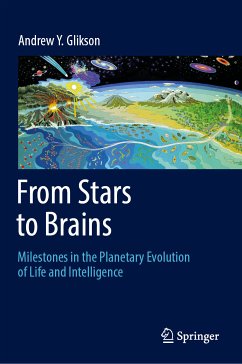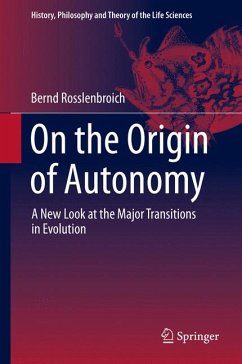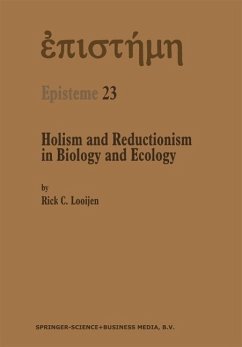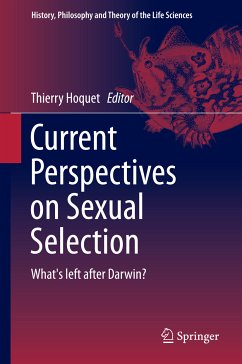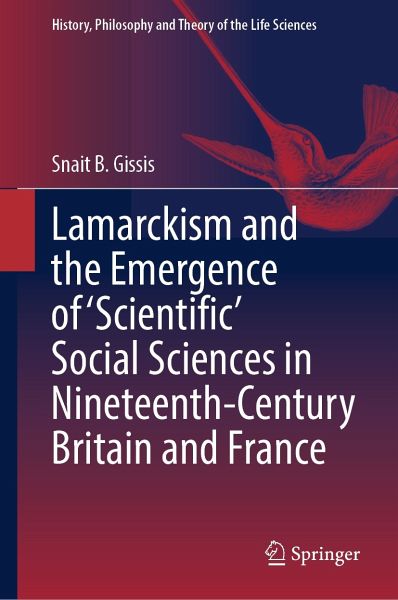
Lamarckism and the Emergence of 'Scientific' Social Sciences in Nineteenth-Century Britain and France (eBook, PDF)
Versandkostenfrei!
Sofort per Download lieferbar
88,95 €
inkl. MwSt.
Weitere Ausgaben:

PAYBACK Punkte
44 °P sammeln!
The book presents an original synthesizing framework on the relations between 'the biological' and 'the social'. Within these relations, the late nineteenth-century emergence of social sciences aspiring to be constituted as autonomous, as 'scientific' disciplines, is described, analyzed and explained. Through this framework, the author points to conceptual and constructive commonalities conjoining significant founding figures - Lamarck, Spencer, Hughlings Jackson, Ribot, Durkheim, Freud - who were not grouped nor analyzed in this manner before. Thus, the book offers a rather unique synthesis o...
The book presents an original synthesizing framework on the relations between 'the biological' and 'the social'. Within these relations, the late nineteenth-century emergence of social sciences aspiring to be constituted as autonomous, as 'scientific' disciplines, is described, analyzed and explained. Through this framework, the author points to conceptual and constructive commonalities conjoining significant founding figures - Lamarck, Spencer, Hughlings Jackson, Ribot, Durkheim, Freud - who were not grouped nor analyzed in this manner before. Thus, the book offers a rather unique synthesis of the interactions of the social, the mental, and the evolutionary biological - Spencerian Lamarckism and/or Neo-Lamarckism - crystallizing into novel fields. It adds substantially to the understanding of the complexities of evolutionary debates during the last quarter of the nineteenth century. It will attract the attention of a wide spectrum of specialists, academics, and postgraduates in European history of the nineteenth century, history and philosophy of science, and history of biology and of the social sciences, including psychology.
Dieser Download kann aus rechtlichen Gründen nur mit Rechnungsadresse in A, B, BG, CY, CZ, D, DK, EW, E, FIN, F, GR, HR, H, IRL, I, LT, L, LR, M, NL, PL, P, R, S, SLO, SK ausgeliefert werden.



